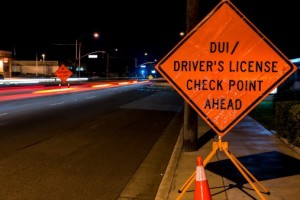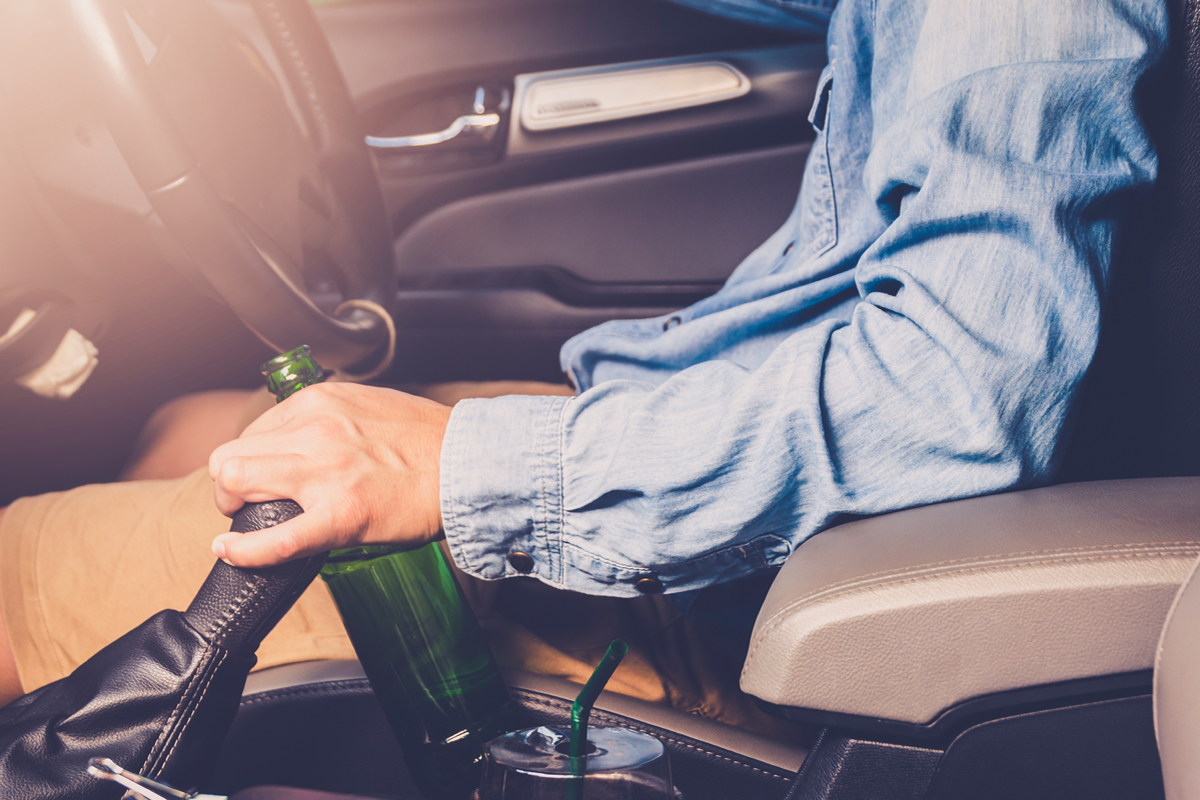 When people think of getting a DUI or DWI, they usually picture a drunk driver behind the wheel of a passenger vehicle like a car or truck. Here at the Edward M. Janzekovich Law Blog, we believe it is important to remind our readers that drunk driving can take place behind the controls of almost any vehicle, including commercial trucks, tractor-trailers, motorcycles, boats, and mopeds.
When people think of getting a DUI or DWI, they usually picture a drunk driver behind the wheel of a passenger vehicle like a car or truck. Here at the Edward M. Janzekovich Law Blog, we believe it is important to remind our readers that drunk driving can take place behind the controls of almost any vehicle, including commercial trucks, tractor-trailers, motorcycles, boats, and mopeds.
A recent arrest in Jersey City from early this week reemphasized the fact that New Jersey laws generally do not allow persons to drive or operate any type of vehicle while impaired, whether as the result of liquor, narcotics, or marijuana. The law actually applies to any motorized vehicle, although the specifics may vary from vehicle type to vehicle type. For instance, the legal blood alcohol concentration (BAC) is .08% for the driver of most vehicles including boats, but the legal limit is .04% for commercial vehicles.
Although the statute prohibiting operating a vehicle while intoxicated is N.J.S.A. 39:4-50, the various types of vehicles are defined by N.J.S.A. 39:1-1
Jersey City Man Arrested for Drunk Driving on a Moped
Early this week, a man was arrested while riding a motorized scooter in Jersey City in North Jersey. He was initially spotted by police officers at 3:30 a.m. and pulled over because was seen riding without a helmet and for failing to stop at a stop sign. Police officers also noted that he did not have a visible registration.
According to the reports, the police officers noticed the man’s speech was slurred and he had glassy eyes after they approached him while he was pulled over. A field sobriety test was performed, and officers reported he failed.
Subsequently, he was transported to police headquarters and a breath sample was taken to check for alcohol intoxication. Surprisingly, he did not register a blood alcohol reading. A Drug Recognition Expert was also unavailable to come to the scene. In this situation, it would be extremely important to retain an experienced defense attorney who might be able to have the charges dismissed completely.
Nonetheless, the man was charged with operating an unregistered scooter, failure to exhibit a driver’s license, failure to exhibit insurance, operating without a helmet, DUI, DUI in school Zone, reckless driving, and driving with a suspended license in addition to other unrelated charges.
Definition of Mopeds or Motorized Bicycles
Under the law, “motorized scooters” include many items traditionally associated with what people think of as a “moped.” Surprisingly, the word “moped” does not appear in the law anywhere, although the law specifically mentions “pocket bikes, super pocket bikes, scooters, mini-scooters, sport scooters, mini choppers, and mini motorcycles.” N.J.S.A. 39:4-14.3g also specifically prohibits operating motorized bicycles while intoxicated.
The law does not apply to normal, man-powered bicycles, since they are not motorized. Therefore, contrary to popular belief, a person cannot be found guilty of violating New Jersey’s prohibition against drunk driving , N.J.S.A. 39:4-50, while on an exclusively pedal-powered bike (or man-powered skate board).
New Jersey Drunk Driving Defense Attorney Edward M. Janzekovich Can Help if You’ve Been Charged Regardless of the Vehicle
If you or someone you know has been charged with drunk driving, regardless of the vehicle, it will be extremely important to retain an attorney as soon as possible. An attorney will be able to review all the evidence and pursue every defense that applies to your situation. A good lawyer may be able to have all the charges dropped completely. To speak with an experienced New Jersey DUI lawyer about your situation, call us 732-257-1137 or contact us online today We serve clients in Ocean County, Monmouth County, Mercer County, Middlesex County, Union County and Somerset County.



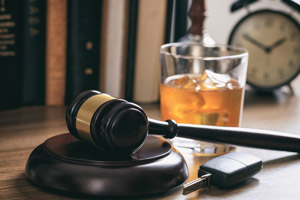 Last week, here on the Edward M. Janzekovich law blog, we discussed the first part of the official court notice was sent out to all New Jersey judges and court administrators on December 4, 2019. The Directive comes straight from the desk of the Director of the Administrative Office of the Courts – the Honorable Glenn A. Grant, J.A.D – and it addresses the new law drunk driving law that went into effect on December 1, 2019. Today, we continue to break down the directive and what it means for those facing charges of
Last week, here on the Edward M. Janzekovich law blog, we discussed the first part of the official court notice was sent out to all New Jersey judges and court administrators on December 4, 2019. The Directive comes straight from the desk of the Director of the Administrative Office of the Courts – the Honorable Glenn A. Grant, J.A.D – and it addresses the new law drunk driving law that went into effect on December 1, 2019. Today, we continue to break down the directive and what it means for those facing charges of 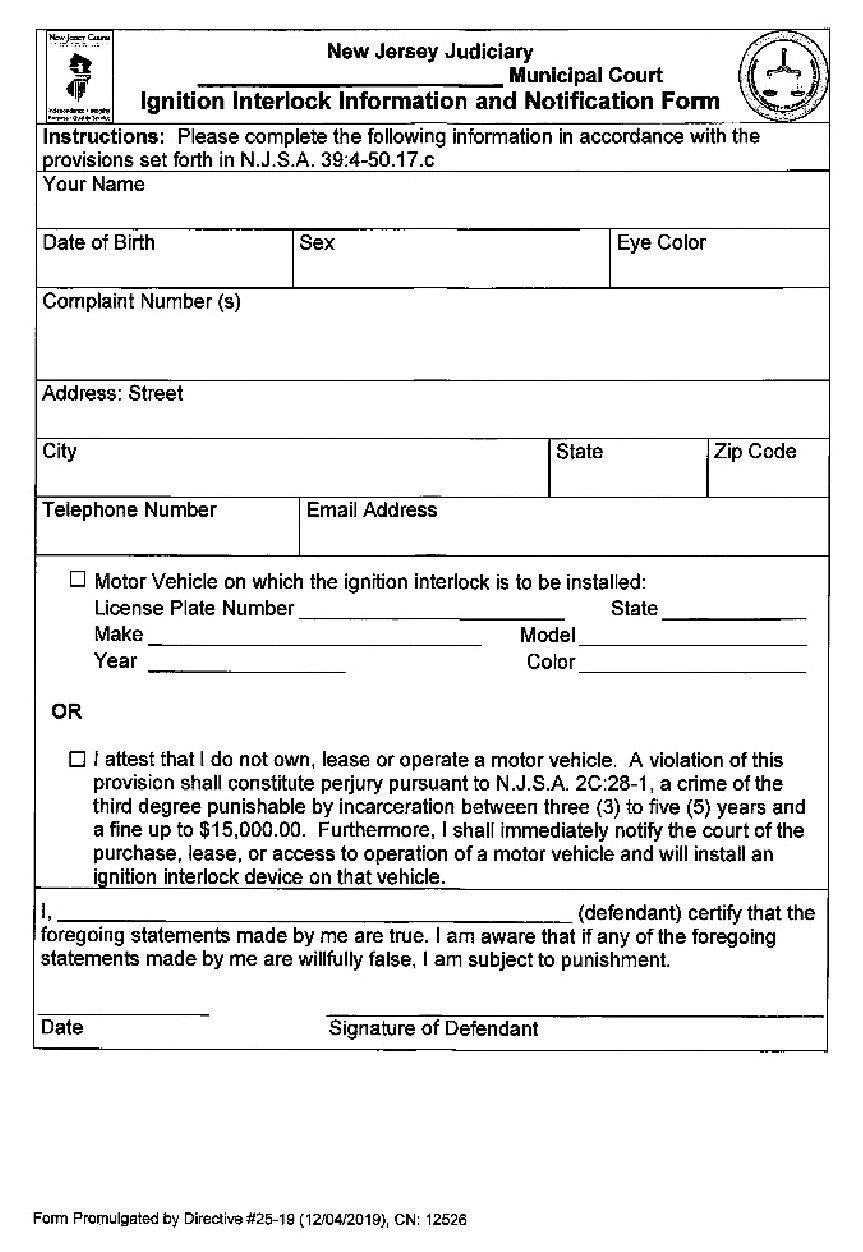
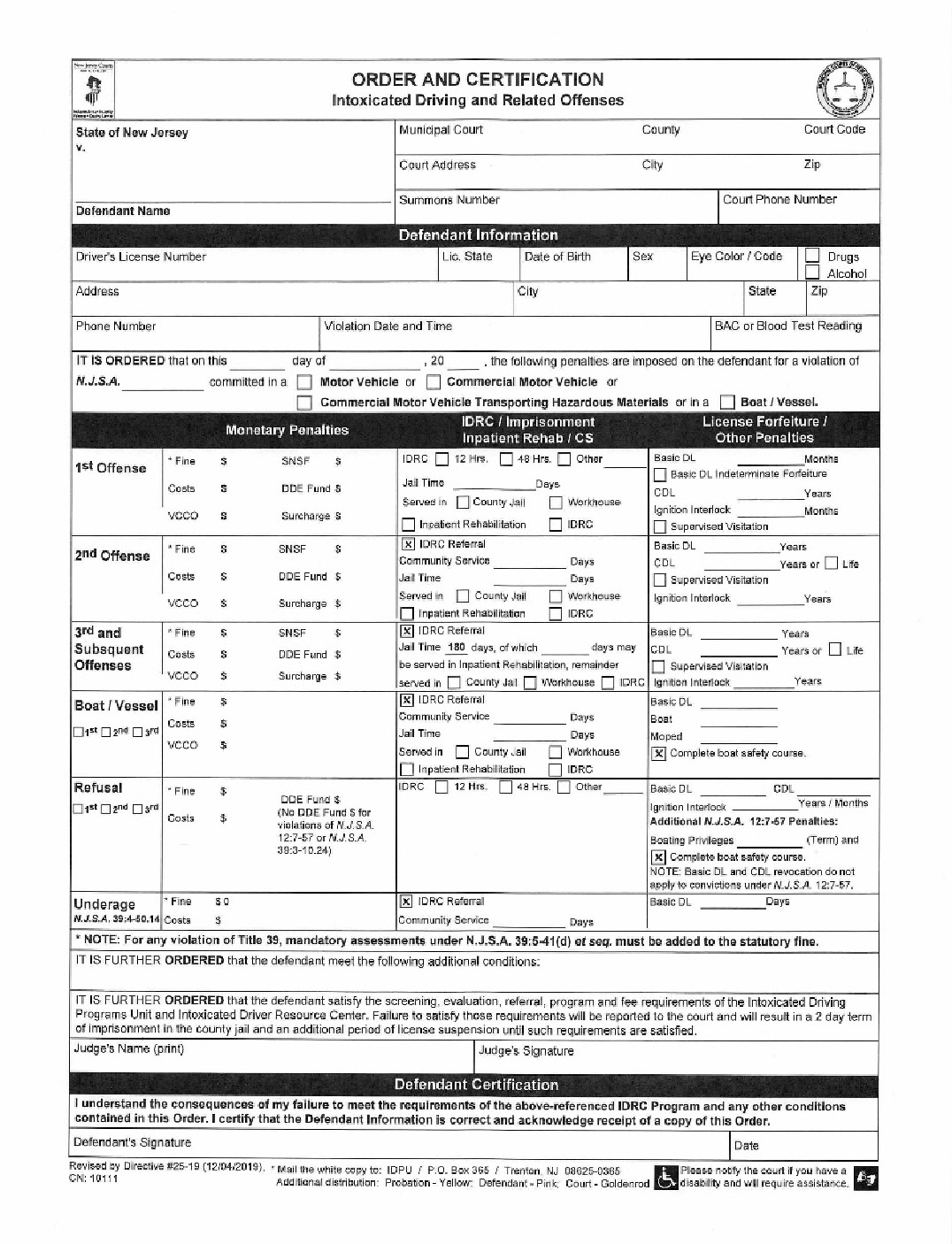
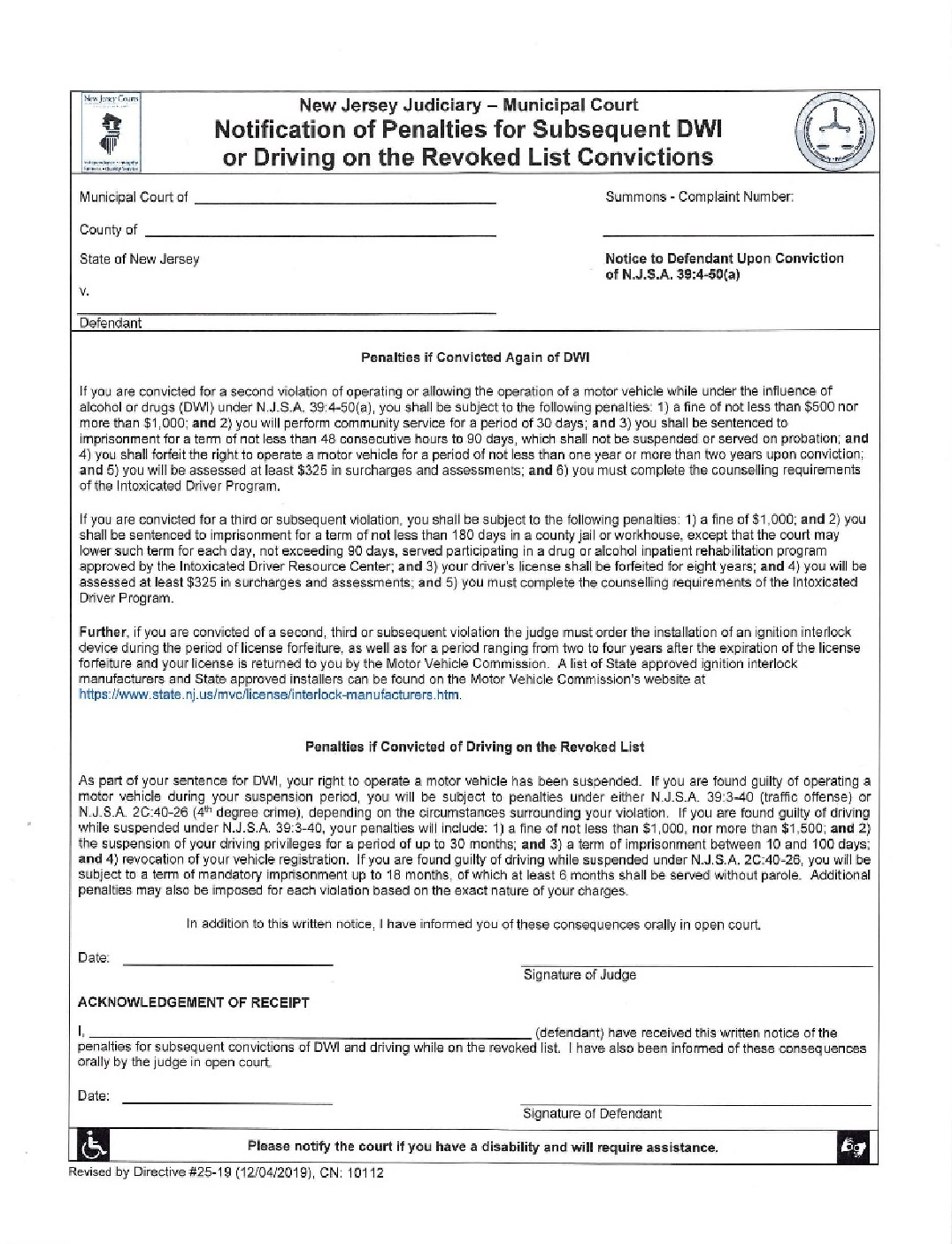
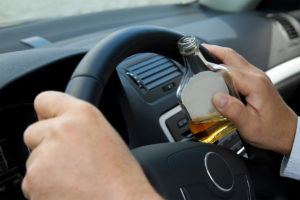 Here, on the Edward M. Janzekovich law blog, we often remind our readers that a good lawyer can often help even after a driver has been convicted of DUI or DWI. Although most drivers believe that, once you have pled guilty to drunk driving, drugged driving, or driving while high, the matter is final, this isn’t true. In some situations, you can actually go back and revisit a past
Here, on the Edward M. Janzekovich law blog, we often remind our readers that a good lawyer can often help even after a driver has been convicted of DUI or DWI. Although most drivers believe that, once you have pled guilty to drunk driving, drugged driving, or driving while high, the matter is final, this isn’t true. In some situations, you can actually go back and revisit a past 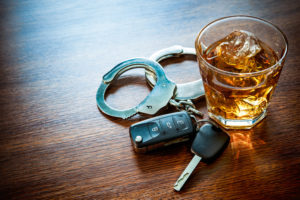
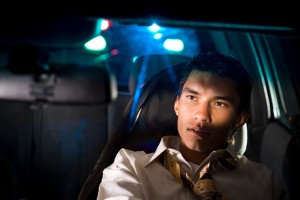 It is common knowledge that it is illegal to drive while intoxicated in New Jersey. However, in order to be convicted, a state prosecutor must prove that a driver actually operated the vehicle while he or she was intoxicated, not before he or she got drunk. Therefore, a defendant should not be charged for being intoxicated in a parked car if there is no proof that he or she drove the vehicle after becoming drunk. Nonetheless, defendants are charged on a regular basis with DUI or DWI, despite never driving drunk, because the police officer discovered the driver drinking or sleeping in a parked vehicle.
It is common knowledge that it is illegal to drive while intoxicated in New Jersey. However, in order to be convicted, a state prosecutor must prove that a driver actually operated the vehicle while he or she was intoxicated, not before he or she got drunk. Therefore, a defendant should not be charged for being intoxicated in a parked car if there is no proof that he or she drove the vehicle after becoming drunk. Nonetheless, defendants are charged on a regular basis with DUI or DWI, despite never driving drunk, because the police officer discovered the driver drinking or sleeping in a parked vehicle. These days, there isn’t a lot that a car can’t do. They can parallel park for you, help you stay in your lane, apply the brakes and, amazingly, even drive for you. Self-driving cars, also known as autonomous vehicles, are famously made by Google and Tesla, but all major manufacturers have plans to roll out with driver-less vehicles in the next few years. These vehicles of the future are expected to increase fuel efficiency and decrease the number of car accidents, since studies show that most motor vehicle accidents are due to human error.
These days, there isn’t a lot that a car can’t do. They can parallel park for you, help you stay in your lane, apply the brakes and, amazingly, even drive for you. Self-driving cars, also known as autonomous vehicles, are famously made by Google and Tesla, but all major manufacturers have plans to roll out with driver-less vehicles in the next few years. These vehicles of the future are expected to increase fuel efficiency and decrease the number of car accidents, since studies show that most motor vehicle accidents are due to human error.